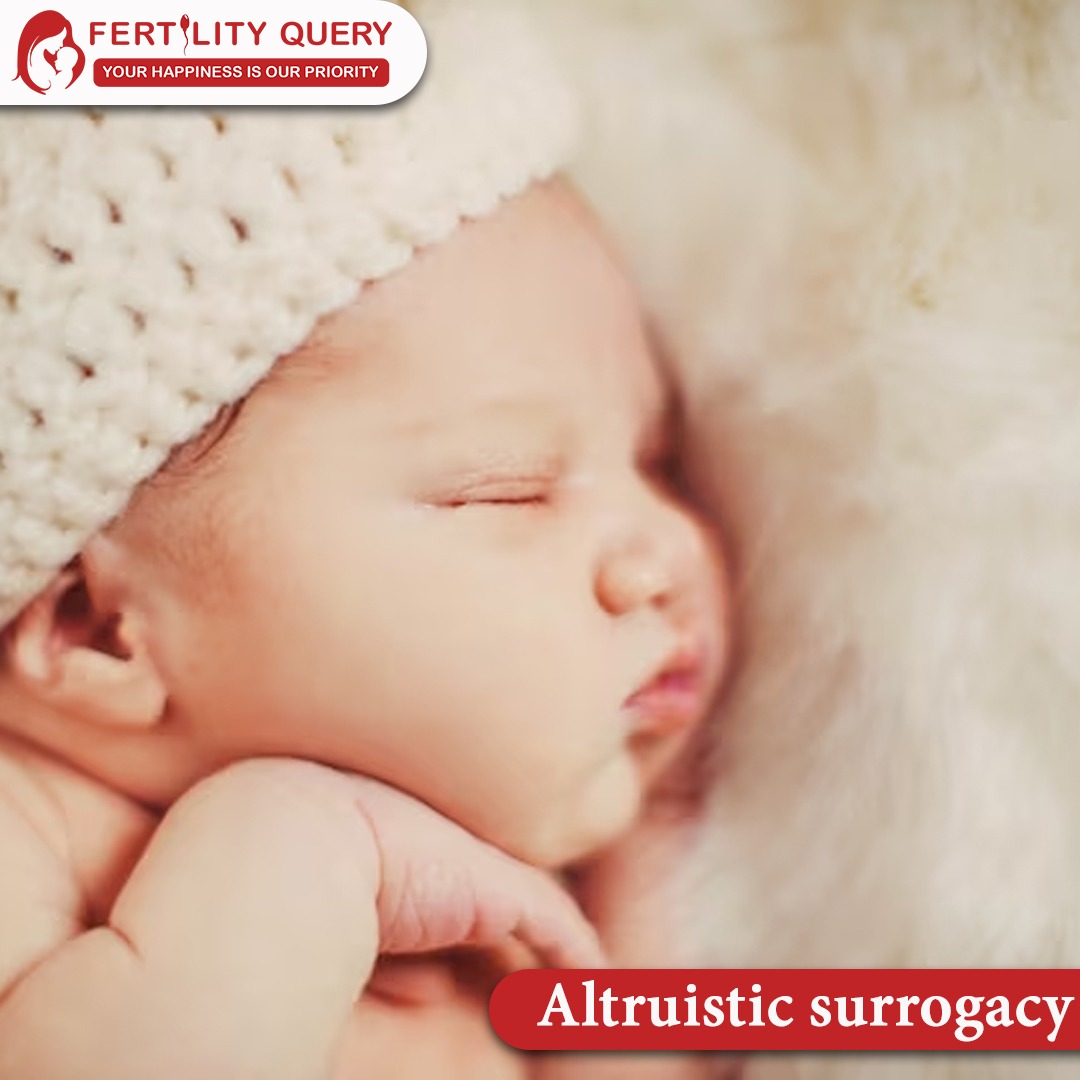
Best Altruistic Surrogacy Centre in Nanded
Best Altruistic Surrogacy Centre in Nanded is a fertility clinic that helps couples and individuals struggling with infertility. One of the services offered by the clinic is altruistic surrogacy, which is a form of surrogacy where the surrogate mother does not receive any compensation beyond reasonable expenses. This paper will explore the concept of altruistic surrogacy, its advantages and disadvantages, the legal framework around it in India, and how it works at the Fertility Query Centre in Nanded.
Altruistic Surrogacy: What is it?
Altruistic surrogacy is a form of surrogacy where the surrogate mother agrees to carry a pregnancy for a couple or an individual without receiving any financial compensation beyond reasonable expenses. The surrogate mother may be a close friend or relative of the intended parents, or she may be a stranger who has volunteered to carry a baby for someone else. The intended parents may be heterosexual couples, same-sex couples, or individuals.
Advantages of Altruistic Surrogacy;
One of the advantages of altruistic surrogacy is that it is often more affordable than commercial surrogacy. Since the surrogate mother is not being paid for her services, the cost of the surrogacy is significantly reduced. This can make it easier for couples and individuals who could not otherwise afford surrogacy to pursue their dream of having a baby.
Another advantage of altruistic surrogacy is that it allows the intended parents to have a closer relationship with the surrogate mother. Since the surrogate mother is often a close friend or relative, or someone who has volunteered out of kindness, the intended parents may feel more comfortable and have more trust in the process.
Disadvantages of Altruistic Surrogacy;
One of the disadvantages of altruistic surrogacy is that it can be difficult to find a surrogate mother. Since the surrogate mother is not being paid, the pool of potential surrogates is smaller. Additionally, some women may be hesitant to volunteer to carry a baby for someone else without receiving compensation.
Another disadvantage of altruistic surrogacy is that it may not be as regulated as commercial surrogacy. Since there is no financial compensation involved, there may be less oversight of the process, which could potentially lead to problems. For example, the surrogate mother may not receive adequate medical care, or the intended parents may not have legal protection in case something goes wrong.
Legal Framework for Altruistic Surrogacy in India;
In India, altruistic surrogacy is legal, but commercial surrogacy is not. The Indian government banned commercial surrogacy in 2016, citing concerns about exploitation of women and children. However, altruistic surrogacy is still allowed under certain conditions.
According to the Indian Council of Medical Research (ICMR), altruistic surrogacy is only allowed for married, heterosexual couples who have been unable to conceive a child for at least five years. The surrogate mother must be a close relative of one of the intended parents, and she must not have any monetary gain from the surrogacy. The intended parents must also have a certificate of infertility from a registered medical practitioner.
Altruistic Surrogacy at the Fertility Query Centre in Nanded;
At the Fertility Query Centre in Nanded, altruistic surrogacy is offered as a service for couples and individuals who meet the criteria set by the Indian Council of Medical Research. The clinic has a team of medical professionals who work closely with the intended parents and the surrogate mother to ensure a safe and successful pregnancy.
The process begins with a consultation with a fertility specialist, who will evaluate the couple or individual’s medical history and determine if they are eligible for surrogacy. If they meet the criteria, the clinic will help them find a surrogate mother who is a close relative or friend.



